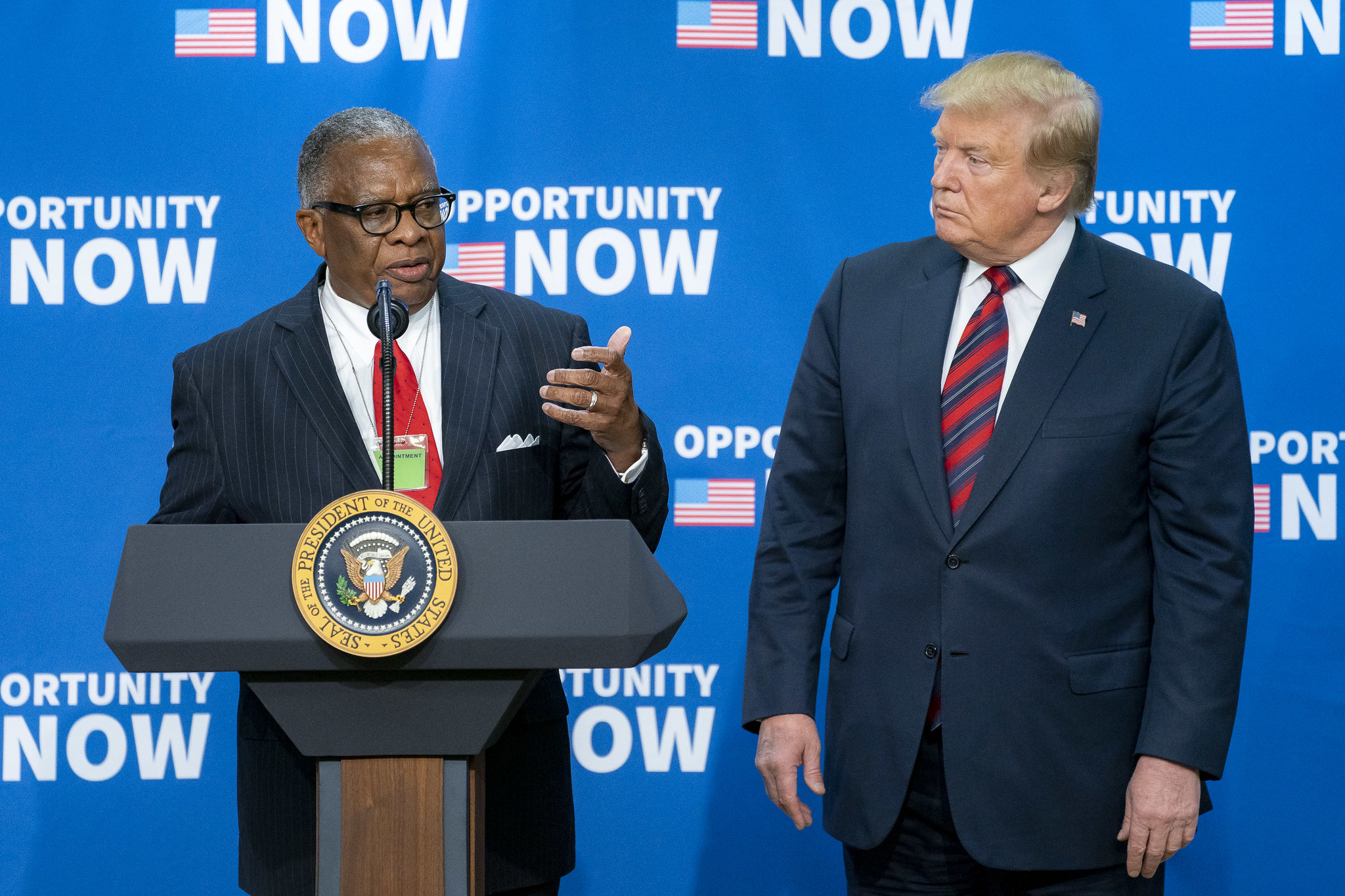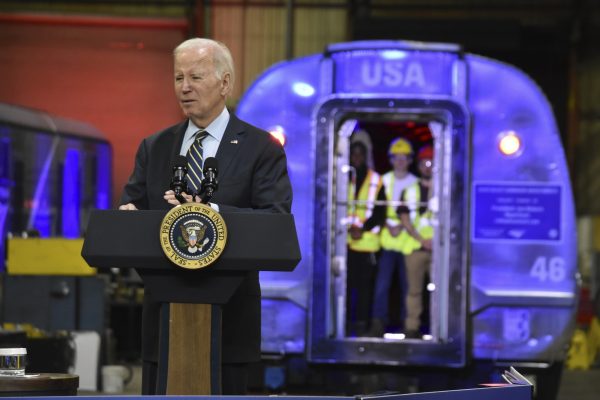Lenore Palladino’s provocation must have echoed in corner offices across Wall Street and corporate America, as CEO’s of the nation’s largest corporations have suddenly disabused themselves of Milton Friedman and shareholder primacy—the idea that corporations have no higher purpose than maximizing profits for their shareholders. In August, when the Business Roundtable issued a memo stating that shareholder primacy is no longer the sole purpose of a corporation, it felt—for a moment—that Palladino’s work is complete.
If only it were that simple.
As Palladino makes clear, the rules of the economy are broken, and we cannot realistically expect large corporations to act in the best interests of their stakeholders. Sure, there is a growing pantheon of companies that adhere to the belief of “stakeholder capitalism,” but many others suggest that stakeholder governance and its commitment to the environment and community will only lead to managerial malfeasance and underperformance in the capital markets. Indeed, the limitations of corporate America’s imagination and willingness to truly advance the interests of its stakeholders is profound. Consider, for a moment, that meeting customer expectations, investing in your employees, treating your suppliers fairly, supporting the communities in which your corporation works, and generating long-term value for your shareholders represents a seismic shift in corporate America. Is it really any surprise why we live in an era of rapidly growing wealth and economic inequality?
It is important to stress, then, that stakeholder capitalism as advocated by the Business Roundtable is not revolutionary—it merely acts as a shiny veneer placed over the systemic challenges in our economy. The Roundtable, for example, advocates for training, benefits, and fair compensation for employees, while Palladino offers a pragmatic pathway for equitably distributing corporate wealth. These divergent principles demonstrate the distance between corporate America’s definition of stakeholder capitalism and Palladino’s definition.
Yet Palladino’s vision for economic change is also limited in scope and ambition by the boundaries set by neoliberal economic practice. Employee-ownership, as Palladino describes, is “radically pragmatic.” Radical because it is boundlessly more grassroots, equitable, and impactful than federal initiatives such as Opportunity Zones (established by Congress in the Tax Cuts and Jobs Act of 2017 to incentivize long-term investments in low-income urban and rural communities), and pragmatic because the concept of employee ownership has steadily (and stealthily) become more popular and viable in the United States. ESOPs (employee stock ownership plans), for example, have been recognized by Congress as a tax-advantaged retirement plan since 1974, and today, through ESOPs, there are nearly 11 million employees at 7,000 companies in the United States either partly or entirely owned by workers.
Palladino’s own prescription for an American “Inclusive Ownership Fund”—which would make it mandatory for corporations with disproportionate power in the U.S. economy to issue ownership rights to their employees—is thus a remarkable concept and deserving of prompt attention and legislative consideration. But we also must recognize that it merely scratches the surface of what is possible with broad stakeholder governance and influence.
To further imagine what is possible, we should return to Palladino’s original question: Who owns a corporation? I would argue that we, the U.S. taxpayers, do. Not only are corporations “creatures of public permission,” as Palladino says, but we, the taxpayers, are effectively subsidizing them.
Every year, U.S. cities and states spend $90 billion in tax breaks and cash grants to entice corporations to move between states—$90 billion. In the past ten years, deep pocketed corporations such as Boeing, Nike, Intel, Royal Dutch Shell, Tesla, Nissan, Ford, and General Motors have reached deals with local governments for subsidy packages each in excess of $1 billion. Moreover, at least sixty of the country’s largest publicly-traded corporations paid little to no taxes on the billions of dollars in profits they earned on U.S. operations in 2018. Many of these corporations are well-known brands: Amazon, Delta, IBM, Chevron, and John Deere, to name a few. In fact, rather than paying $16.4 billion in federal taxes, these corporations collectively pocketed more than $4 billion in net tax rebates.
As it turns out, taxpayers, a large constituency of overlooked stakeholders, help generate much of corporate America’s prosperity. So, what, then, are we owed? In lieu of actual tax payments, we could explore new forms of ownership for community stakeholders.
Imagine, for example, a type of trust governed by residents of communities most impacted by corporate decision-making that held significant shares of corporate stock. This stock could be awarded without cost to corporations in exchange for government subsidies such as tax rebates. Such a trust would create a new voting bloc to further hold corporate power to account. This voting bloc could demand better environmental protections and more reinvestment in their communities, as well as form alliances with workers to further dilute overconcentration of corporate power. Finally, as owners, communities would materially benefit from corporate prosperity.
If we are freed from the neoliberal delusion that shareholders are the exclusive owners of corporations, then we need new thinking, practices, and policies to ensure that all the stakeholders who collectively generate a corporation’s prosperity benefit from its wealth. Because Palladino is right that we cannot tweak our way out of economic inequality. Expanding employee-ownership is a reasonable and significant step forward, but it won’t be enough to rewrite the rules of a rigged game.








